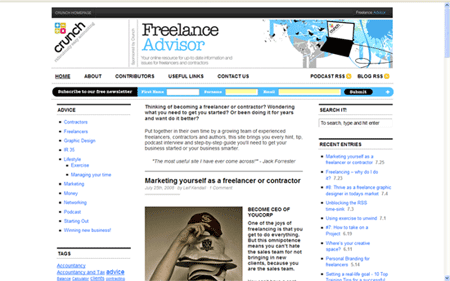I’m going to say something that is bloody obvious, but bears repeating: Google’s search results do not always reflect real life.
What I mean is that many successful businesses have quite under-nourished websites, which appear on page 2 or 3 of any relevant SERPs (Search Engine Results Pages). While a number 1 position in Google’s results may be the Holy Grail of web marketing, it clearly isn’t everything.
What’s my point?
I help my clients find success on the web. I use Search Engine Optimisation (SEO) and off-site tactics to drive people towards their websites. I look for ways to generate interest and income in and around their websites. But it’s crucial that my clients and I remember that the web is just a part of the business environment.
Perspective
The web is a great place, and it’s very useful for businesses, but it should not be the only aspect of a firm’s marketing activities. A website makes a perfect platform from which to start and to focus marketing activities around – but businesses also need to stand up in the real world. Those who don’t risk being overtaken by their more active counterparts. You may be winning the war on the web, but what are your competitors doing in real life?










